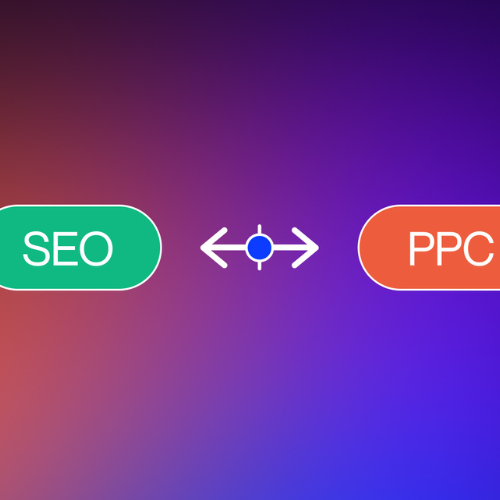What is SEO?
SEO (Search Engine Optimization) is the process of improving your website’s visibility in organic search engine results. The goal is to rank higher on search engines like Google for relevant keywords that your audience is searching for.
Key SEO Activities Include:
- Keyword research and targeting
- On-page optimization (meta tags, headings, content)
- Quality content creation and blogging
- Backlink building
- Mobile and site speed optimization
- Technical SEO (structured data, crawlability)
Advantages of SEO in 2025:
- Long-term growth: Once you rank, you can enjoy consistent traffic without paying per click.
- Higher credibility: Users trust organic results more than paid ads.
- Cost-effective over time: Requires investment upfront, but pays off in the long run.
- Better ROI: Higher click-through rates and stronger engagement.
Challenges:
- Results take time (3–6 months or more)
- Requires ongoing content and optimization
- Algorithm updates can affect rankings
What is PPC
PPC (Pay-Per-Click) advertising allows you to place ads on platforms like Google, Bing, or social media. You only pay when someone clicks your ad. Google Ads remains the most popular PPC platform in 2025.
Popular PPC Channels:
- Google Search Ads
- Google Display Network
- YouTube Ads
- Meta (Facebook/Instagram) Ads
- LinkedIn Ads
Benefits of PPC in 2025:
- Instant visibility: Start driving traffic within hours.
- Highly targeted: Reach users by location, age, interests, behavior, and more.
- Performance tracking: Easy to measure ROI and conversions.
- Ad customizations: Create personalized messages for different audience segments.
Challenges:
- Costs can add up quickly
- Competitive keywords can be expensive
- Traffic stops when your ad spend stops
What the Future Holds in 2025
As of 2025, both SEO and PPC are evolving with technology:
- AI-powered search results are reshaping how content is ranked and ads are displayed.
- Voice search optimization is crucial for both organic and paid results.
- Google’s continuous scroll is changing how users interact with results.
- Privacy regulations are tightening, affecting PPC targeting and tracking.
- Automation and smart bidding in PPC make campaigns easier to manage but also more competitive.
When to Focus on SEO
You should focus on SEO if:
- You’re building a brand for the long term
- You want to generate sustainable organic traffic
- You have time to invest in content creation and optimization
- You want to reduce your reliance on paid ads over time
When to Focus on PPC
PPC is ideal if:
- You need quick results
- You’re launching a new product or service
- You want to run limited-time promotions
- You have a clear budget for ads and need precise targeting
Why Not Both
Many businesses in 2025 are combining SEO and PPC for a hybrid strategy. Here’s why:
- Use PPC to generate leads quickly while you build your SEO presence.
- Retarget PPC visitors with organic content to nurture them.
- Analyze high-performing PPC keywords and use them for SEO.
This dual strategy creates a balanced digital marketing approach that leverages the strengths of both channels.
Conclusion
In 2025, the choice between SEO and PPC isn’t about which is better — it’s about which is better for your business right now. If you’re aiming for long-term, organic growth, SEO is the way to go. If you need fast, measurable results, PPC should be your priority.
Ultimately, a smart mix of SEO and PPC can help you reach your audience at every stage of the customer journey.

